American Football 1999 Album Review
October 23, 2016
With the emergence of the new American Football album on Oct. 21, a step back ought to be taken before exploring the new track-list the album will have to offer.
Many people from South do not know about the band American Football; this is expected. In the most simplest of terms, American Football is an emo band. But not just any emo band. They are the exception; the best the genre has to offer.
But until now, the only album that American Football has and has ever planned to release was their 1999 self-titled entrance. Why talk about an album that is 17 years old? Because if a listen is given, it will be easy to see why.
The album’s aesthetic is painted very crisply; the aesthetic being the average life of a rural-suburbanite. From the album art to the tune-up in the first track, “Never Meant”, there is only one way to describe the impression this album makes: comfy.
Before moving on, it is important to point out a crucial fact: this album isn’t merely the best of its genre, it’s also very unlike any other emo music. Those who are weary of the emo stereotype of uber-dramatic screaming, howling, and black-dyed hair ought to be aware of this fact.
The album starts with a small chat between the band members, a short tune-up, and a count off before jumping into the music. This creates a sort of illusion in which the band members feel a lot closer to the listener, as if they were right near you. As the song continues, some nice guitar riffs in the back appropriately match the tone of the album,
In the second track, “The Summer Ends”, a lone trumpet solemnly cries out from the beat set up from the acoustic guitar and the lonely drum beat. The song continues to complement the general tone of the album.
After the slightly slowed tempo of the second track, “Honestly” speeds up the album a bit, and it brings a more upbeat tune to the album. Unfortunately, the lyrics are quite cliche for the genre in this track, but considering the fact that this was near the beginning of the genre it can be excused.
It is really near the ending of the track, where it has a purely instrumental phase, when it really does shine. A rich guitar tone is repeated while small but very noticeable additions and changes to the tune slowly morph it until the end of the song.
The fourth track, “For Sure”, brings the listener back to the main aesthetic of the album. It opens very similarly to the second track, again utilizing the trumpet and some background noise before it drifts into the meat of the song.
The rest of the album continues with a few more tracks: “You Know I Should Be Leaving Soon,” “But the Regrets are Killing Me,” and “I’ll See You When We’re Both Not So Emotional.” The themes of this section are quite obvious just by their titles and each track here continues to bring its unique style of the same general tone.
In the final portion of the album, there are two main tracks: “Stay Home” and “The One With the Wurlitzer.”
These tracks are instrumental for the most part but “Stay Home” includes a small vocal part which breaks up the pure instrumentals near the end of the track.
Unlike the intensity that comes up in some of the middle tracks, the last two tracks are very calm, and conclude the album very nicely. Again, it follows the general tone and aesthetic of comfort, nostalgia and simplicity.
Pitchfork rated this album an 8.6/10. Pitchfork can be odd sometimes; often their ratings make a lot of sense, such as the one placed for this album. However, Pitchfork can sometimes dish out some pretty mediocre ratings for stellar albums. But they usually don’t hit it too far from the mark.
On a scale from one-ten, where five would be an average score, ten being exceptional in every regard and a one being the epitome of pure trash, American Football earns a solid eight.
However, this album is not for everyone, and recommending it isn’t an easy task. If a listener likes emo music, they will certainly enjoy this album; although it is a separate entity from the genre in general, it still holds that general air of emo music.
If a listener is mostly into top 40 type music, the album won’t be totally lost on them, but they probably won’t enjoy it either; still it can be worth a try.
American Football can be bought on iTunes and Google Play for about $10. However, a listener has to be aware that the Google Play download appears to have a tracklist that is out of order.

























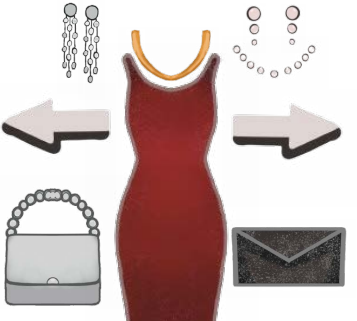





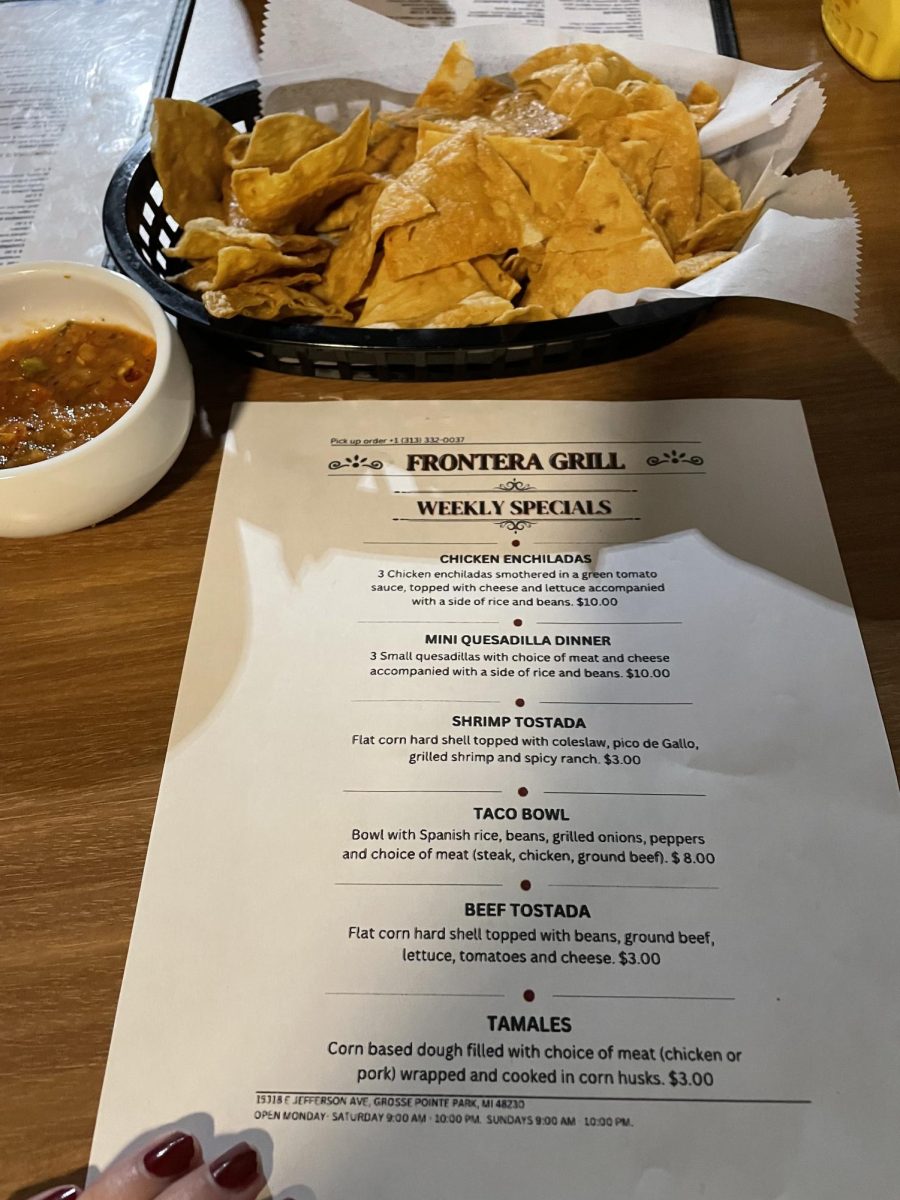















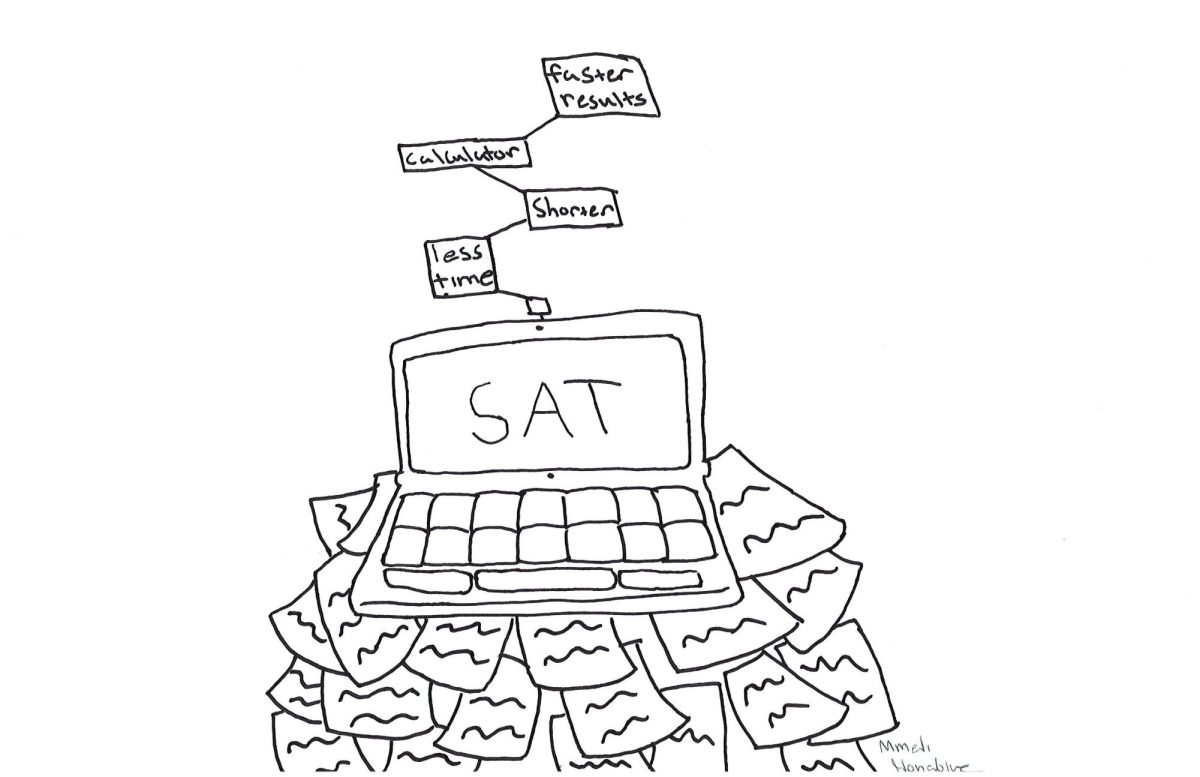






















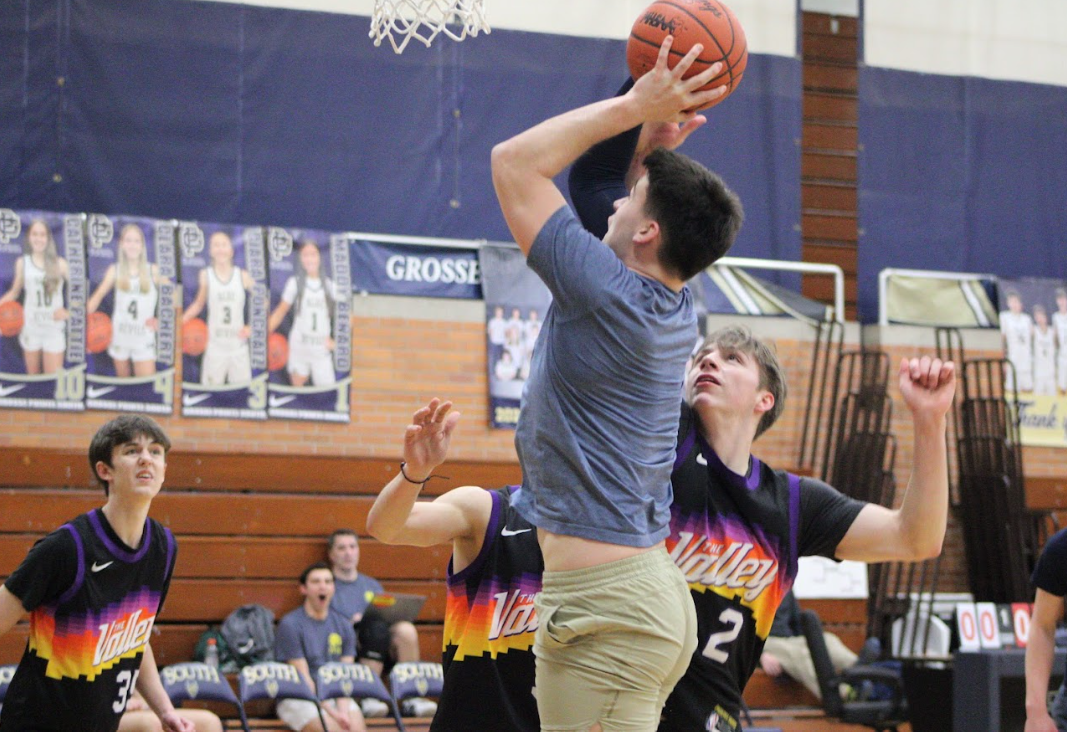








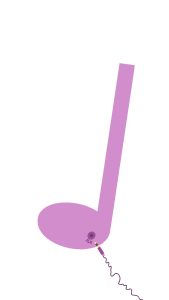

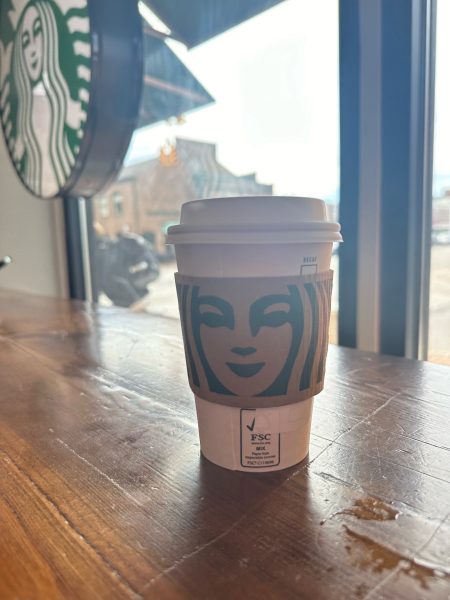

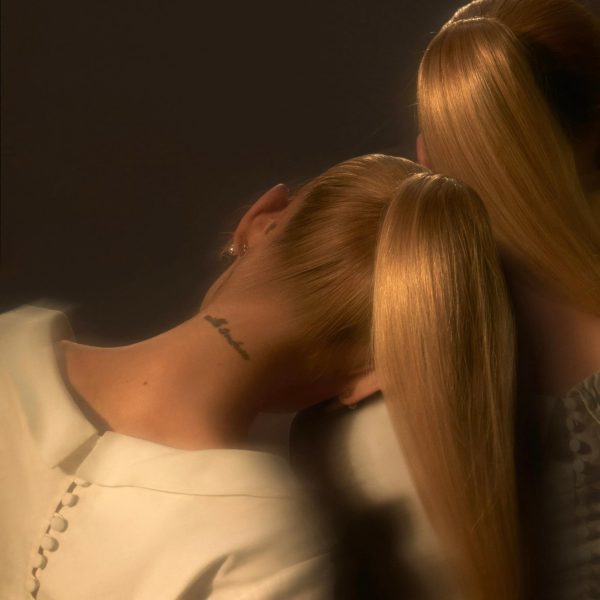
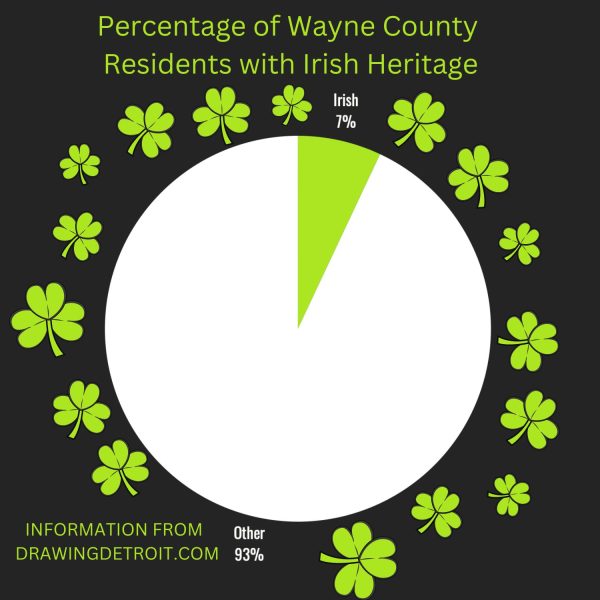


NFL Preview • Aug 9, 2018 at 5:26 am
I like your all post. You have done really good work. Thank you for the information you provide, it helped me a lot. I hope to have many more entries or so from you.
NFL Preview